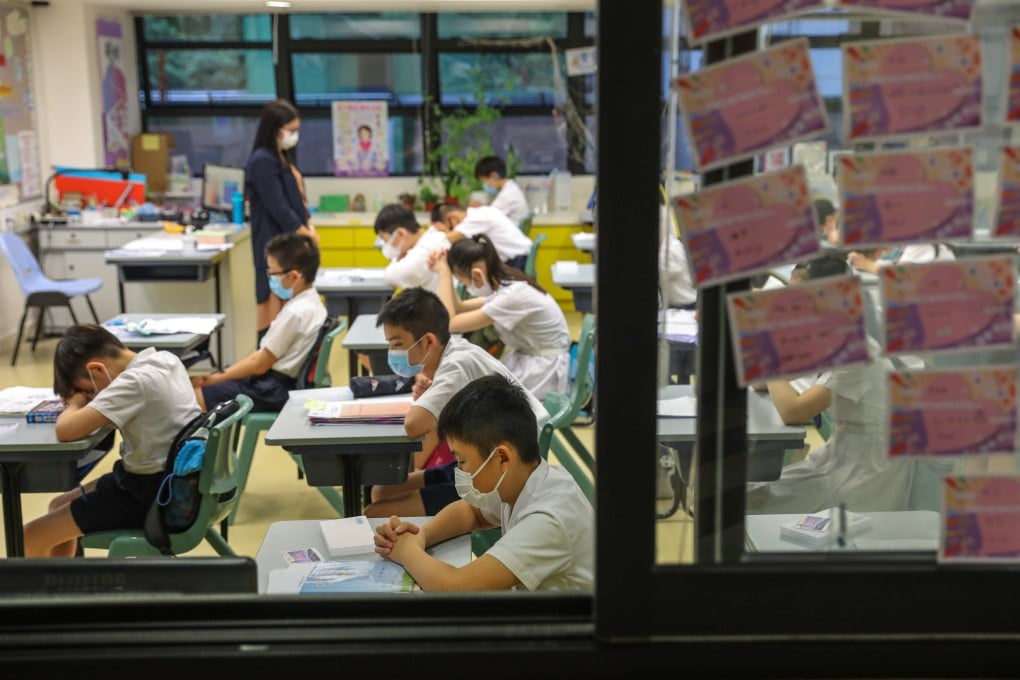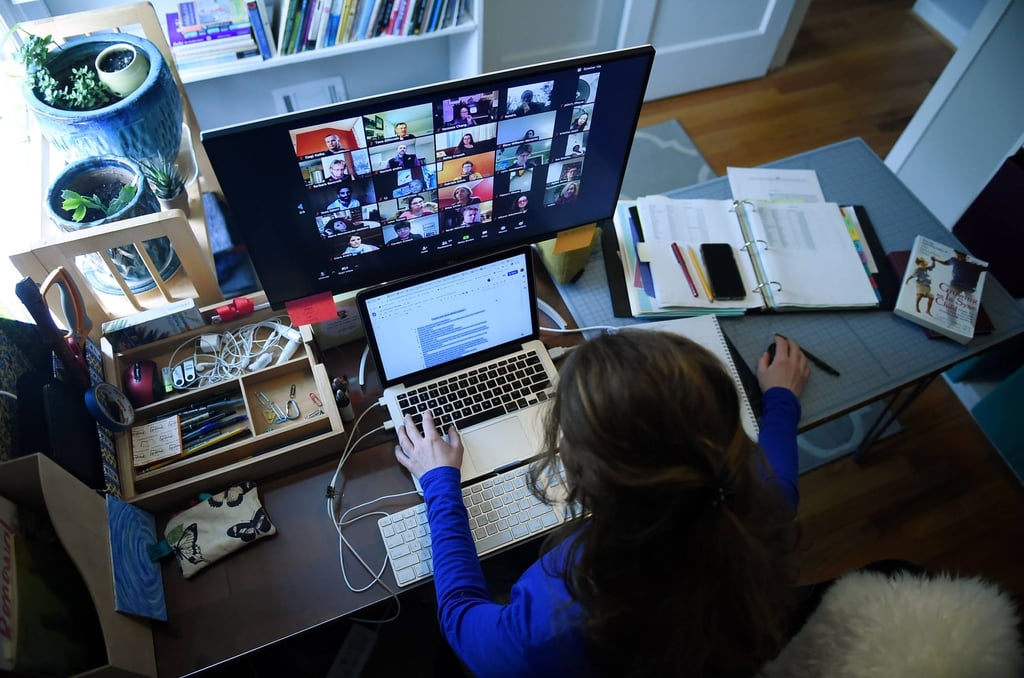International schoolteachers on the future of education, from pandemic-era online lessons with Zoom and Google tools, to AR and VR – and the importance of social skills and empathy too
- Experts from Hong Kong’s Nord Anglia International, The Harbour School, Wycombe Abbey School Hong Kong, Caritas Wu Cheng-chung Secondary and Victoria Shanghai Academy all weigh in
- Principal Au Hoi-kin highlights professor Michael Fullan’s ‘6 Cs’ – students’ critical thinking, creativity, collaboration, communication, citizenship and character

The future of education matters for the whole planet. How can we tackle the gravest issues facing humanity if we don’t have the sort of education that helps our children develop the essential skills those issues will demand? Even if we take a step back from the macro level, it is vital to consider how to prepare students for jobs that do not yet exist, to tackle societal challenges we can’t yet imagine, and to make use of technologies that have not yet been invented.
If it is the task of teachers to prepare our children for the future, what does the future of education itself hold? We asked some of Hong Kong’s top international educators for their thoughts on the most important issues in teaching today.

The lasting impact of Covid-19
Naima Charlier, Director of Teaching & Learning, Nord Anglia International School: One of the big positives has been students’ own improved confidence and independence. They’ve really stepped up. Older kids have become super tech literate in terms of using technology to support their learning. It’s also become really clear how we do online schooling now; everybody knows what to do. Teachers are creative when it comes to online classrooms – their ability to use technology as an aid, to support how children are learning – and students know how to engage and enter learning in an online environment. We’ve got many ways now to deliver a different kind of pedagogy.
Christine Greenberg, Principal, Prep & Primary, The Harbour School: Education is one of those very extremely traditional practices that doesn’t change for 100 years. It took a pandemic to shift us. I would distil the big changes down to two points: we had to ask ourselves, what is a school? What do we need in a school? And what can a school look like when we’re not all sitting at desks and chairs in the same building? Second, what are you doing and is it worth it? And what is worth the time? So for instance, do you need teachers in school? Do you need them in from 8am to 4pm everyday, or can they work from elsewhere? It’s about taking everything off the table and only putting back what’s valuable.
Howard Tuckett, Headmaster, Wycombe Abbey School Hong Kong: Clearly technology in terms of communicating lessons has taken a huge leap forward due to lock-down requirements. Many schools have improvised their own systems; simultaneously major commercial operators like Zoom refined, improved and adapted their platforms remarkably quickly to make them suitable for schools to use. And there has been a notable increase in appreciation on the part of all members of the education community: students, parents and teachers. It is true to say the privilege of being able to physically attend a school is no longer an everyday fact of life that goes unnoticed.
